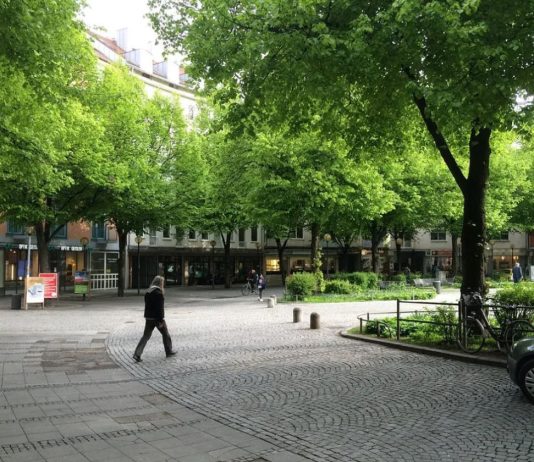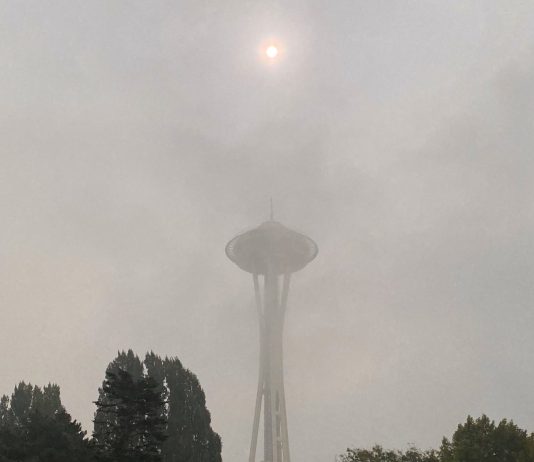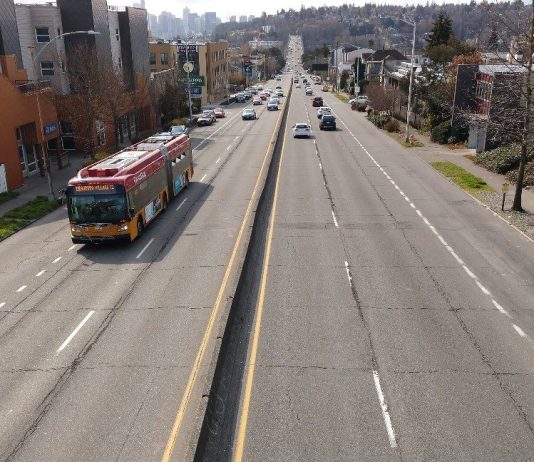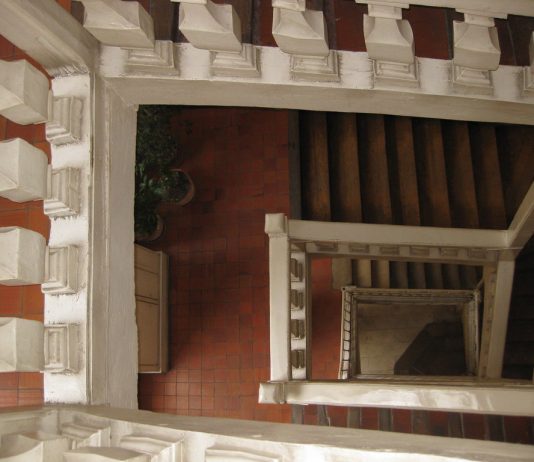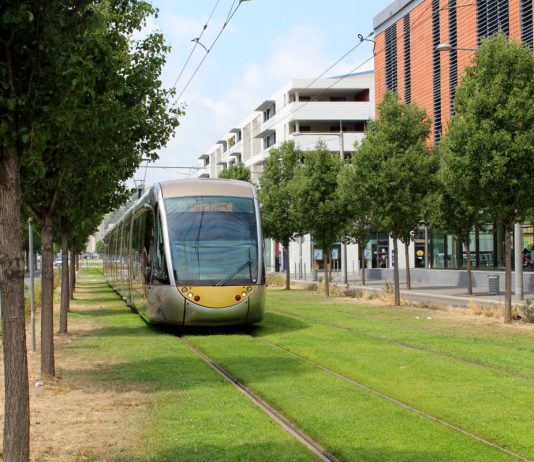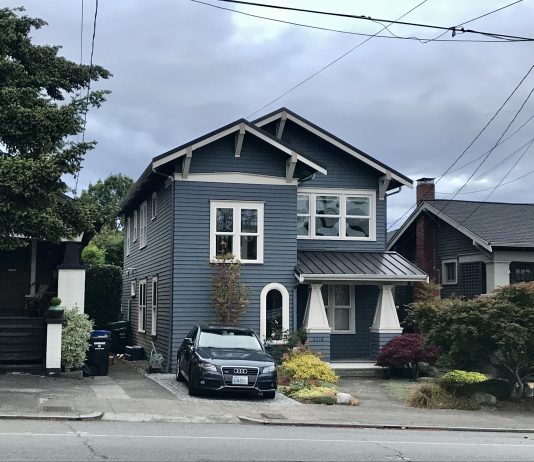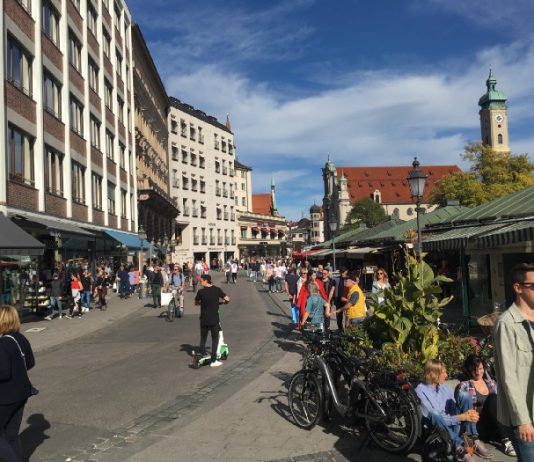Mike Eliason
56 POSTS
0 COMMENTS
Mike is the founder of Larch Lab, an architecture and urbanism think and do tank focusing on prefabricated, decarbonized, climate-adaptive, low-energy urban buildings; sustainable mobility; livable ecodistricts. He is also a dad, writer, and researcher with a passion for passivhaus buildings, baugruppen, social housing, livable cities, and car-free streets. After living in Freiburg, Mike spent 15 years raising his family - nearly car-free, in Fremont. After a brief sojourn to study mass timber buildings in Bayern, he has returned to jumpstart a baugruppe movement and help build a more sustainable, equitable, and livable Seattle. Ohne autos.
Architect Michael Eliason shares his blueprint for a greener Seattle with more abundant and affordable housing. The vision goes beyond townhomes to stacked flats amidst ample tree canopy.
Op-Ed: Harrell’s Anemic Growth Plan Is Not ‘Space Needle Thinking’
Tiffani McCoy, Mike Eliason and Paul Chapman -
The mayor's comprehensive plan proposal failed to deliver real solutions on housing abundance, affordability, and climate. It promises only modest zoning changes at the margins and 100,000 additional homes over 20 years.
A bill allowing single-stairway "point access block" buildings would enhance housing and neighborhoods.
On February 2nd the Washington State Senate held its first hearing on...
Pedersen’s ‘Alternative L’ is a Massive L for Affordability and Climate Action
Mike Eliason, Amy Broska (Guest Contributor) and Ron Davis (Guest Contributor) -
Seattle Councilmember Alex Pedersen’s latest newsletter contained a small glimpse into his poor understanding of Seattle’s extensive housing and climate crises with his poison...
Seattle doesn’t lead on a lot of things when it comes to building codes, land use codes, or even energy codes -- though given...
Livability would flourish in surrounding neighborhoods if cars were removed from one of Seattle's deadliest and most polluted streets.
Today's Aurora Avenue in Seattle is...
If Seattle’s Mandatory Housing Affordability (MHA) program set a citywide precedent, then a push by wealthy Wallingford homeowners to turn single-family zoned areas into...
For the last few years, and in the run up to the November election, American cities led by Democratic councils and mayors have seen...

